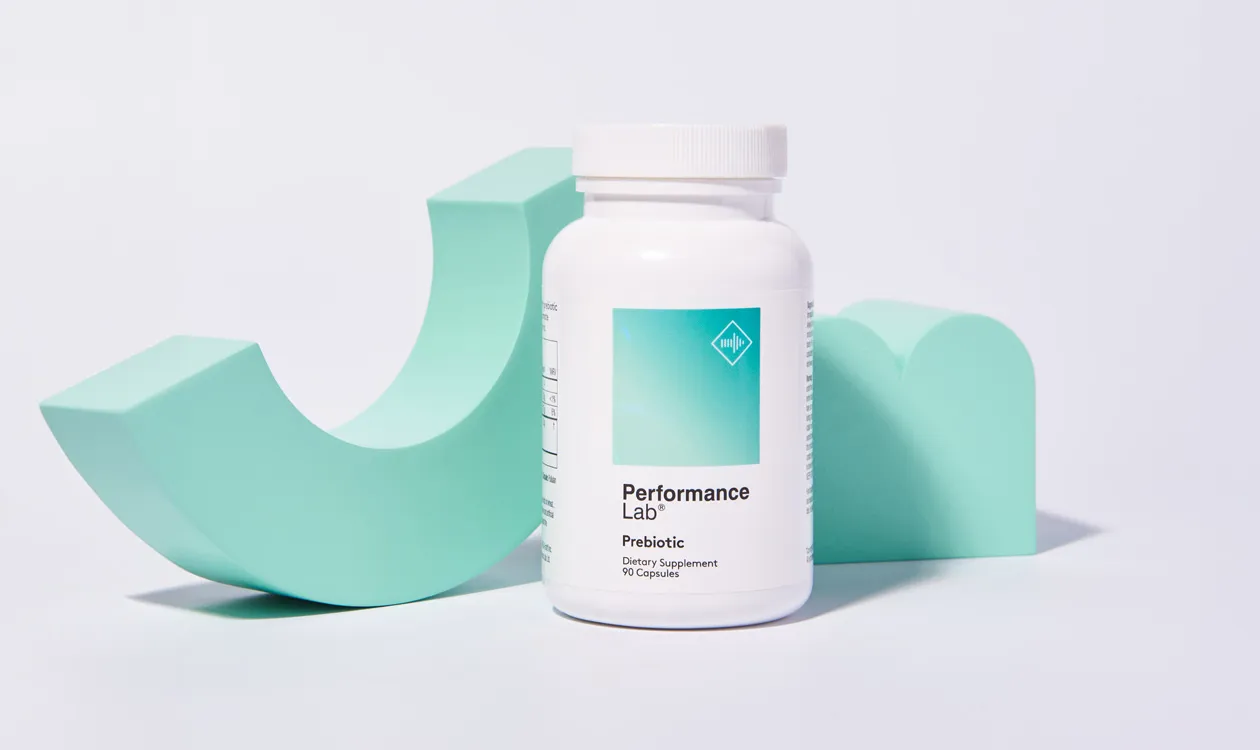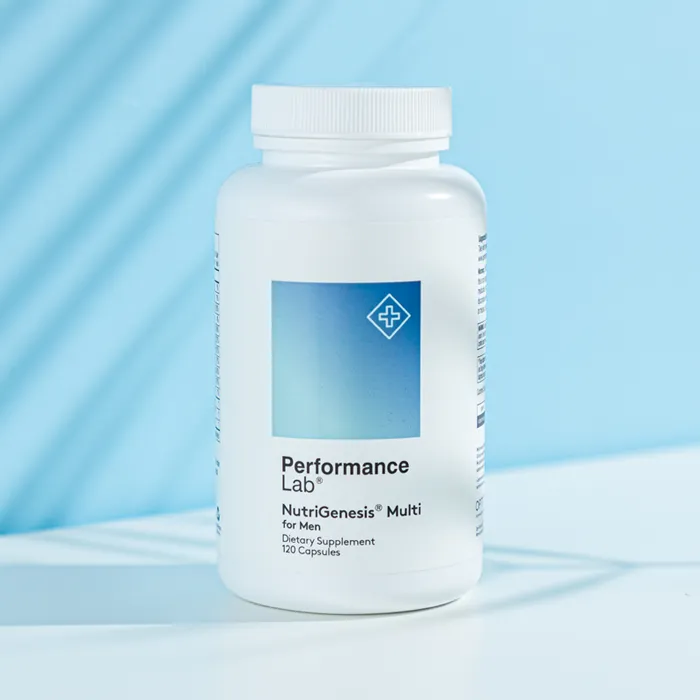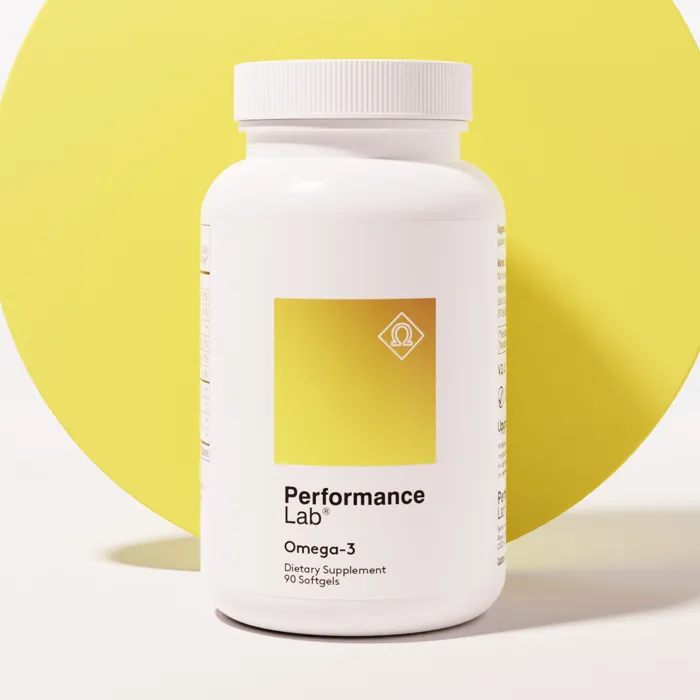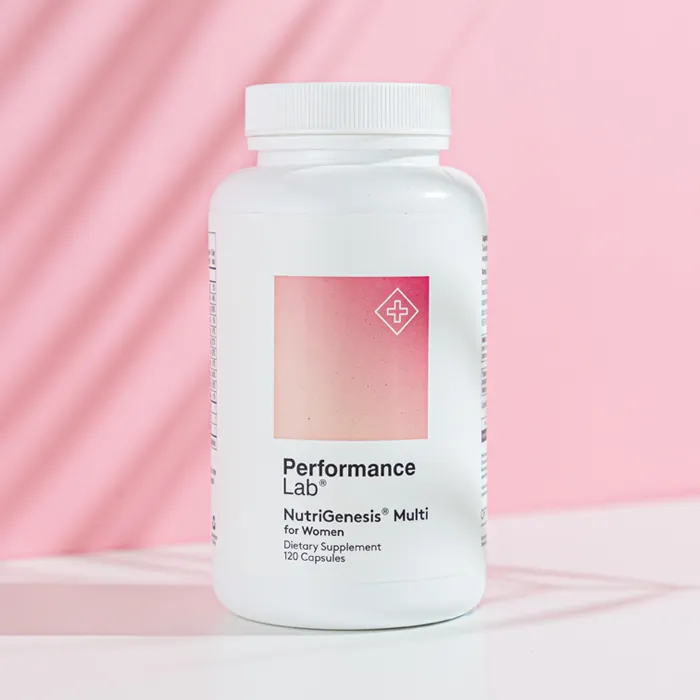Product Features :
- Oligofructose-enriched inulin (Inulin-FOS)
- 2 grams of inulin-FOS per 3-capsule serving
- Sourced from chicory root
- Adjustable dosing
Unique Features :
- Tailored combination of longer and shorter chain inulin for optimal prebiotic effect.
- Extracted through hot water processing.
- Tested in several human studies.
What are prebiotics?
Prebiotics are types of dietary fibers that nourish and promote the growth of beneficial bacteria in the gut. Unlike probiotics, which are live microorganisms introduced into the gut, prebiotics are not living organisms themselves. Instead, they act as a source of food for the beneficial bacteria already present in the gut.
Benefits of Prebiotic:
Inulin and FOS are two types of soluble fibers with prebiotic properties, with inulin being a long-chain molecule and FOS being a short-chain molecule. Inulin-FOS selectively nourishes Bifidobacterium - a highly competitive and efficient genus of probiotic bacteria.
Inulin-FOS in Prebiotic has been shown to:
- Promote digestive health by stimulating the growth of beneficial Bifidobacteria for improved overall digestive health and regularity.
- Support a healthy gut environment by contributing to the lowering of gut pH which limits the growth of unfavourable bacteria and pathogens such as Candida albicans and E. coli.
- Enhance nutritional status by increasing the absorption of certain nutrients such as calcium, magnesium, iron and zinc.
- Support the immune system by stimulating the growth of Bifidobacteria which compete with pathogens in the gut and contribute to immune cell production.
- Assist with weight management by promoting the feelings of fullness, thus reducing overall food intake, and supporting the regulation of blood sugar levels.
- Support cardiovascular health by limiting cholesterol absorption and encouraging its elimination.
References
- Aliasgharzadeh A, Khalili M, Mirtaheri E, et al. A Combination of Prebiotic Inulin and Oligofructose Improve Some of Cardiovascular Disease Risk Factors in Women with Type 2 Diabetes: A Randomized Controlled Clinical Trial. Advanced Pharmaceutical Bulletin. 2015;5(4):507-514. https://www.ncbi.nlm.nih.gov/pmc/articles/PMC4729356/
- Bouhnik Y, Raskine L, Simoneau G et al. (2004) The capacity of nondigestible carbohydrates to stimulate fecal bifidobacteria in healthy humans: a double-blind, randomized, placebo-controlled, parallel-group, dose-response relation study. Am J Clin Nutr 80(6):1658–1664. https://pubmed.ncbi.nlm.nih.gov/15585783/
- Bruggencate SJ ten, Bovee-Oudenhoven IM, Lettink-Wissink ML et al. (2006) Dietary fructooligosaccharides affect intestinal barrier function in healthy men. J Nutr 136(1): 70–74. https://pubmed.ncbi.nlm.nih.gov/16365061/
- Cani PD, Lecourt E, Dewulf EM et al. (2009) Gut microbiota fermentation of prebiotics increases satietogenic and incretin gut peptide production with consequences for appetite sensation and glucose response after a meal. Am J Clin Nutr 90(5): 1236–1243. https://pubmed.ncbi.nlm.nih.gov/19776140/
- Coudray C, Bellanger J, Castiglia-Delavaud C et al. (1997) Effect of soluble or partly soluble dietary fibres supplementation on absorption and balance of calcium, magnesium, iron and zinc in healthy young men. Eur J Clin Nutr 51: 375–380. https://pubmed.ncbi.nlm.nih.gov/9192195/
- Dehghan P, Farhangi MA, Tavakoli F et al. (2016) Impact of prebiotic supplementation on T-cell subsets and their related cytokines, anthropometric features and blood pressure in patients with type 2 diabetes mellitus: A randomized placebo-controlled Trial. Complement Ther Med 24: 96–102. https://pubmed.ncbi.nlm.nih.gov/26860809/
- den Hond E, Geypens B, Ghoos Y (2000) Effect of high performance chicory inulin on constipation. Nutr Res Vol. 20, No. 5: 731–736. https://www.sciencedirect.com/science/article/abs/pii/S0271531700001627





